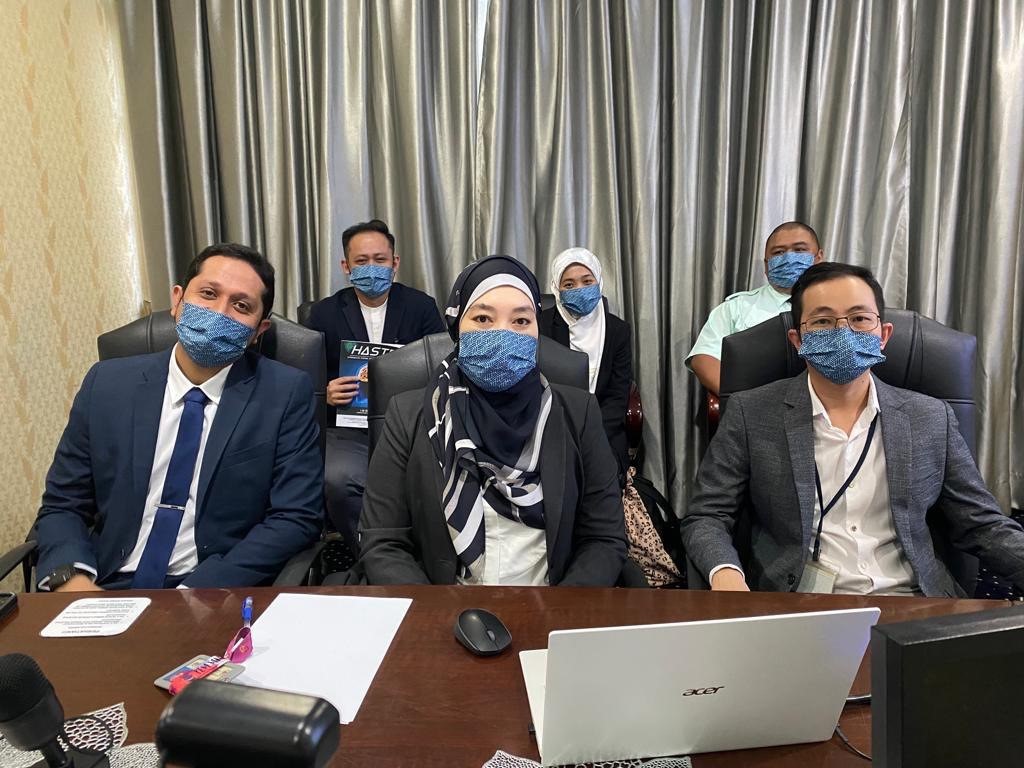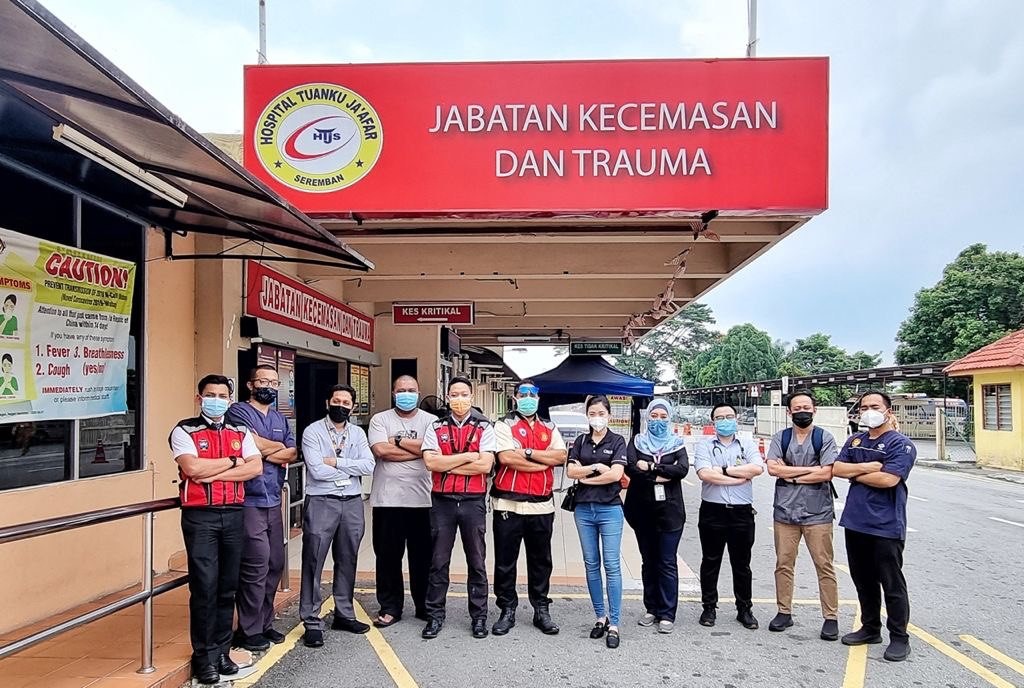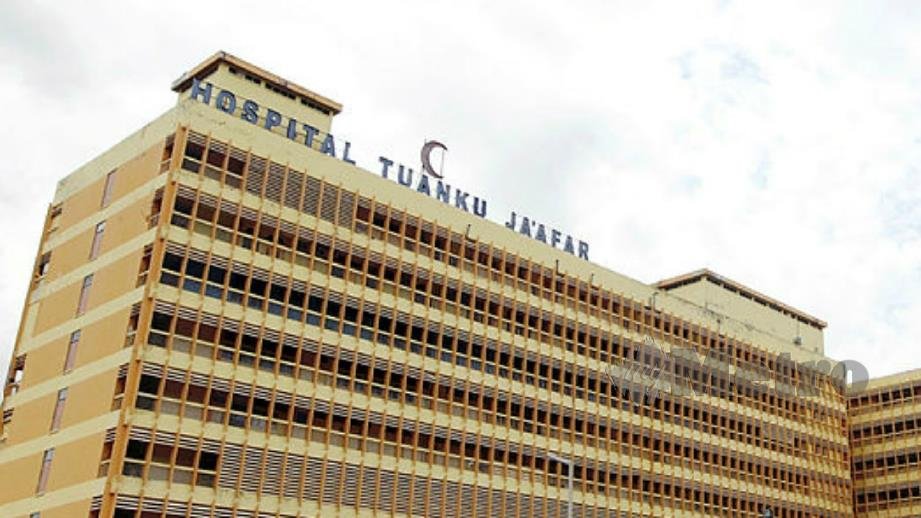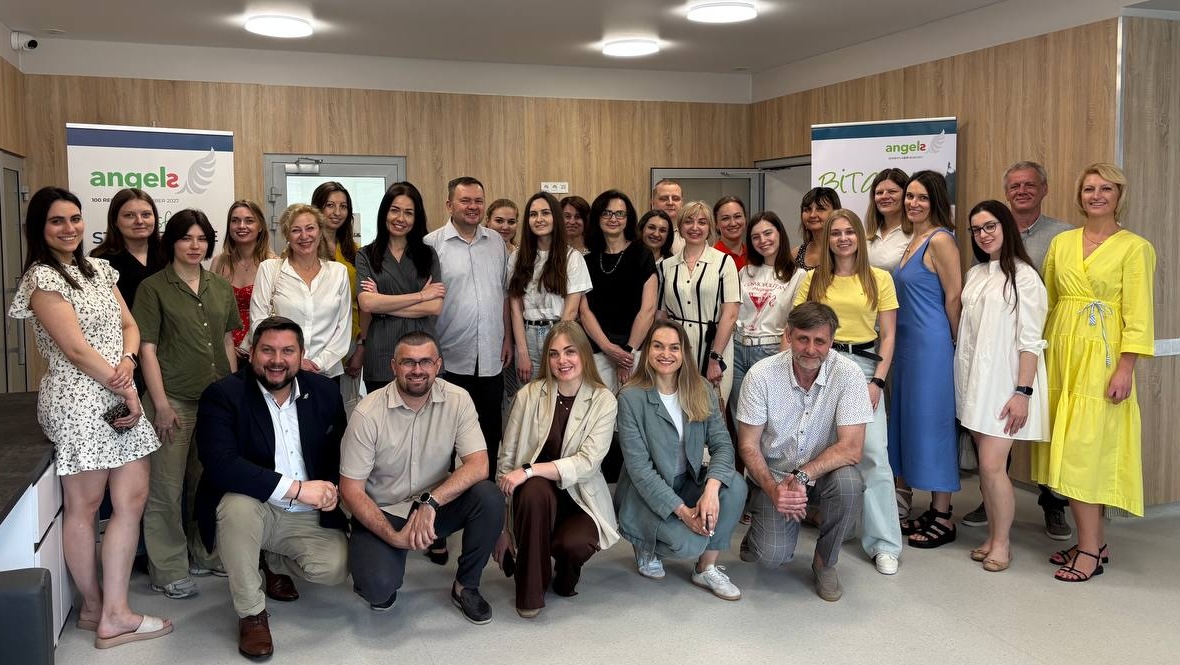Non sono i primi in Malesia a trattare i pazienti colpiti da ictus con trombolisi, ma sono già i più veloci.

Il primo trattamento trombolisi presso l'Ospedale Tuanku Ja'afar di Seremban (HTJS) è stato eseguito su 5 maggio 2019 ed è stato realizzato in meno di 60 minuti. È un momento in cui molti ospedali di tutto il mondo riferiscono con soddisfazione anche dopo diversi anni di esperienza, ma non questo grande ospedale statale di 50 anni nella provincia di Negeri Sembilan, sulla costa occidentale della malesia penisola.
Entro il 2020, il personale della stroke unit di HTJS stava trattando la maggior parte dei suoi pazienti colpiti da ictus entro 45 minuti. All’inizio del 2021, più della metà dei suoi pazienti colpiti da ictus era in trattamento in meno di 35 minuti e entro il secondo trimestre, poiché la devastante terza ondata di COVID-19 stava iniziando a ravvicinare la Malesia - un WSO Angels diamond award ha segnato un nuovo traguardo; un tempo mediano tempo tra l’arrivo in ospedale e l’inizio della trombolisi di 25 minuti.
Il COVID-19 ha interrotto il proprio passo solo temporaneamente, poiché il numero di paziente si è ridotto all’inizio della pandemia, ma entro la fine del 2021 il personale della stroke unit di HTJS stava prendendo in prestito forniture di rTPA da uno stato limitrofo per mantenere il tasso di lavoro. Nonostante l’integrazione di protocolli Covid per proteggere i pazienti e se stessi, il tempo tra l’arrivo in ospedale e l’inizio della trombolisi non è andato incontro a oscillazioni.
Il neurologo Dott. Teh Pei Chiek e il medico dell'emergenza di pronto soccorso Dott.ssa Emi Noorina Binti Mohd Nor spiegano come l'ospedale abbia dimezzato il tempo di trattamento in meno di tre anni, raddoppiando il tasso di ricanalizzazione, e ne contiene poche, se sorprese. In effetti, ciò che hanno condiviso è un caso di libro di testo in cui si fanno tutte le cose importanti nel modo giusto.

Necessità di velocità
L'Ospedale Tuanku Ja'afar si spreme su 26 ettari nella capitale provinciale Seremban situata nella valle del fiume Linggi, circa 60 chilometri a sud di Kuala Lumpur. Originariamente noto come Seremban General Hospital, fu rinominato nel 2006 per il decimo re della Malesia che moriva nel suo ospedale, due anni dopo aver subito un ictus.
Con 1.143 posti letto e 23 specializzazioni cliniche, HTJS funge da ospedale di riferimento per tutti i Negeri Sembilan. Sebbene l’incidenza dell’ictus stia aumentando qui come in Malesia, l’ospedale ha iniziato a trattare l’ictus acuto solo dopo aver acquisito i servizi di un neurologo nel 2018.
Dalla parola via, il dott. Teh aveva i suoi punti di vista sul più breve tempo tra l’arrivo in ospedale e l’inizio della trombolisi possibile, e si è dedicato ad eliminare gli ostacoli uno alla volta – "principalmente", spiega, "eliminando tutte le interazioni non necessarie lungo il percorso".
Sotto la sua leadership e con il supporto del Dott. Emi, l'ospedale ha implementato sistematicamente ogni nuova linea guida per il protocollo dell'ictus acuto, dall'integrazione dei servizi preospedalieri al trattamento alla TC.
La pre-notifica è fondamentale e i pazienti colpiti da ictus vengono consegnati direttamente alla sala di diagnostica per Imaging TC, che è stata preparata in anticipo. Gli avvisi relativi all’ictus per convocare il team multidisciplinare vengono diffusi e i minuti preziosi vengono salvati mediante diverse azioni eseguite in parallelo, tra cui la valutazione della gravità ictus e l’ottenimento del consenso.
La stretta cooperazione tra neurologia e radiologia significa che la scansione TC viene interpretata immediatamente, in modo che se il paziente è idoneo alla trombolisi, il trattamento può iniziare senza ritardi. Il protocollo HASTE (Hyperacute ictus Smart Track in emergenza) dell'ospedale e il kit HASTE, entrambi emergenti dalla collaborazione con i servizi Servizi d'emergenza, hanno vinto un concorso nazionale malese sull'innovazione ma, cosa più importante, semplificando il percorso, salvano vite.

Affrontare le sfide
La prossima sfida per il Dott. Teh e il suo team sta portando i pazienti colpiti da ictus in ospedale più velocemente. Attualmente, solo un terzo circa dei pazienti arriva in ospedale tramite Servizi d'emergenza con un altro terzo inviato da altri centri. Un terzo, tuttavia, viaggia senza assistenza e troppo spesso al di fuori della finestra di trattamento. Si tratta di un problema che può essere affrontato solo attraverso campagne di salute pubblica sulla consapevolezza dei sintomi dell’ictus e sulla prevenzione primaria ictus.
Il team HTJS si impegna inoltre a migliorare i servizi per l’ictus in altri ospedali della regione, dove spera di replicare i propri protocolli e condividere le proprie conoscenze. Le esercitazioni di simulazione presso un ospedale distrettuale vicino sono già all’ordine del giorno, anche se l’ospedale vicino deve ancora nominare un neurologo.
La Malesia si trova di fronte a una carenza di specialisti sanità, anche nel campo della neurologia. Parlando alla prima conferenza sullictus in Malesia nel 2019, il Direttore generale della salute Datuk, Dott. Noor Hisham Abdullah, ha stimato che fossero necessari altri 200 specialisti in neurologia per soddisfare le esigenze dei pazienti colpiti da ictus nel Paese.
All'HTJS, la passione del dott. Teh sia per la neurologia che per i suoi pazienti si traduce in lunghe ore di lavoro, ma un secondo neurologo è estremamente necessario in modo che i pazienti colpiti da ictus possano essere assicurati di un trattamento eccellente indipendentemente dall'ora, e in modo che il dott. Teh possa dormire bene.



